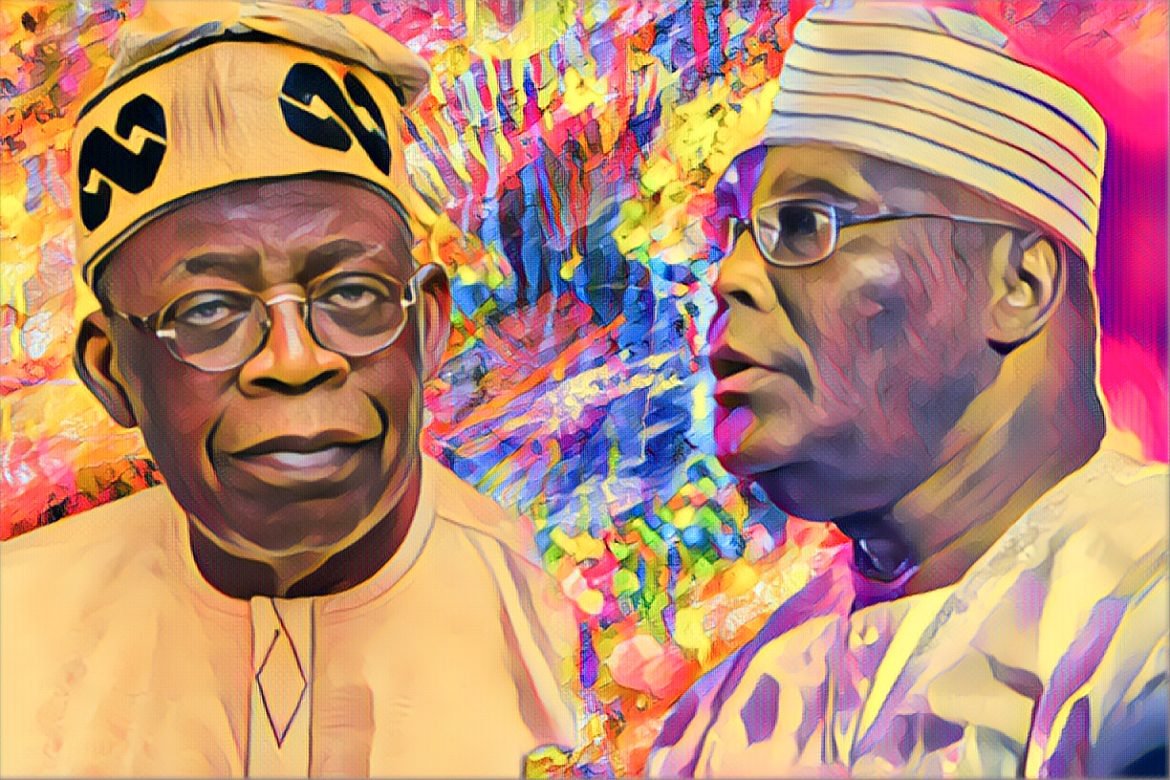Former Vice President Atiku Abubakar has sharply criticized President Bola Tinubu’s administration, accusing it of exacerbating the Nigerian economic crisis through recent policy decisions, notably the increase in electricity tariffs. Atiku contends that these reforms lack empathy for the Nigerian populace, who are already grappling with severe economic strains.
In his critique, Atiku emphasizes the timing of the electricity tariff hike, noting its alignment with other challenging economic measures, such as the subsidy removal on Petroleum Motor Spirit (PMS) and the flotation of the domestic currency. These actions, according to Atiku, compound the hardships faced by Nigerians, driving up inflationary pressures and adversely affecting the manufacturing sector.
The former vice president’s concerns extend beyond immediate economic pains to question the efficacy and transparency of the power sector’s privatization, particularly the Distribution Companies (DISCOs). He urges President Tinubu to reevaluate the foundation of the sector’s inefficiencies before implementing further reforms. Atiku advocates for a more thoughtful sequencing of reforms, accompanied by measures to alleviate the resultant hardships on the citizens, and calls for holding the Nigerian Electricity Regulatory Commission (NERC) accountable for enhancing service delivery.
This critique comes amidst a flurry of appointments and actions by President Tinubu aimed at bolstering Nigeria’s socio-economic future, including the establishment of a management team for the Nigerian Education Loan Fund (NELFUND). However, Atiku’s comments highlight a perceived disconnect between policy decisions and their impacts on the everyday lives of Nigerians.
The discourse around these economic reforms reflects broader concerns about governance, policy implementation, and the welfare of the Nigerian populace. It underscores the need for a delicate balance between pursuing economic restructuring and ensuring that such reforms do not disproportionately burden the already struggling citizens.
As Nigeria continues to navigate these economic reforms, the call for a more humane approach to policy-making resonates, urging the government to consider the immediate and long-term effects of its decisions on the nation’s economic health and the well-being of its citizens. This debate illustrates the complexities of governing a diverse and economically stratified society like Nigeria, where policy impacts vary widely across different segments of the population.
The controversy surrounding the electricity tariff increase and broader economic policies presents an opportunity for dialogue and reassessment, aiming to foster a more inclusive and equitable economic growth path. As the Tinubu administration moves forward, the voices of critics like Atiku Abubakar serve as a reminder of the challenges facing Nigeria’s economic development and the imperative of prioritizing the needs and aspirations of all Nigerians in the quest for progress.


